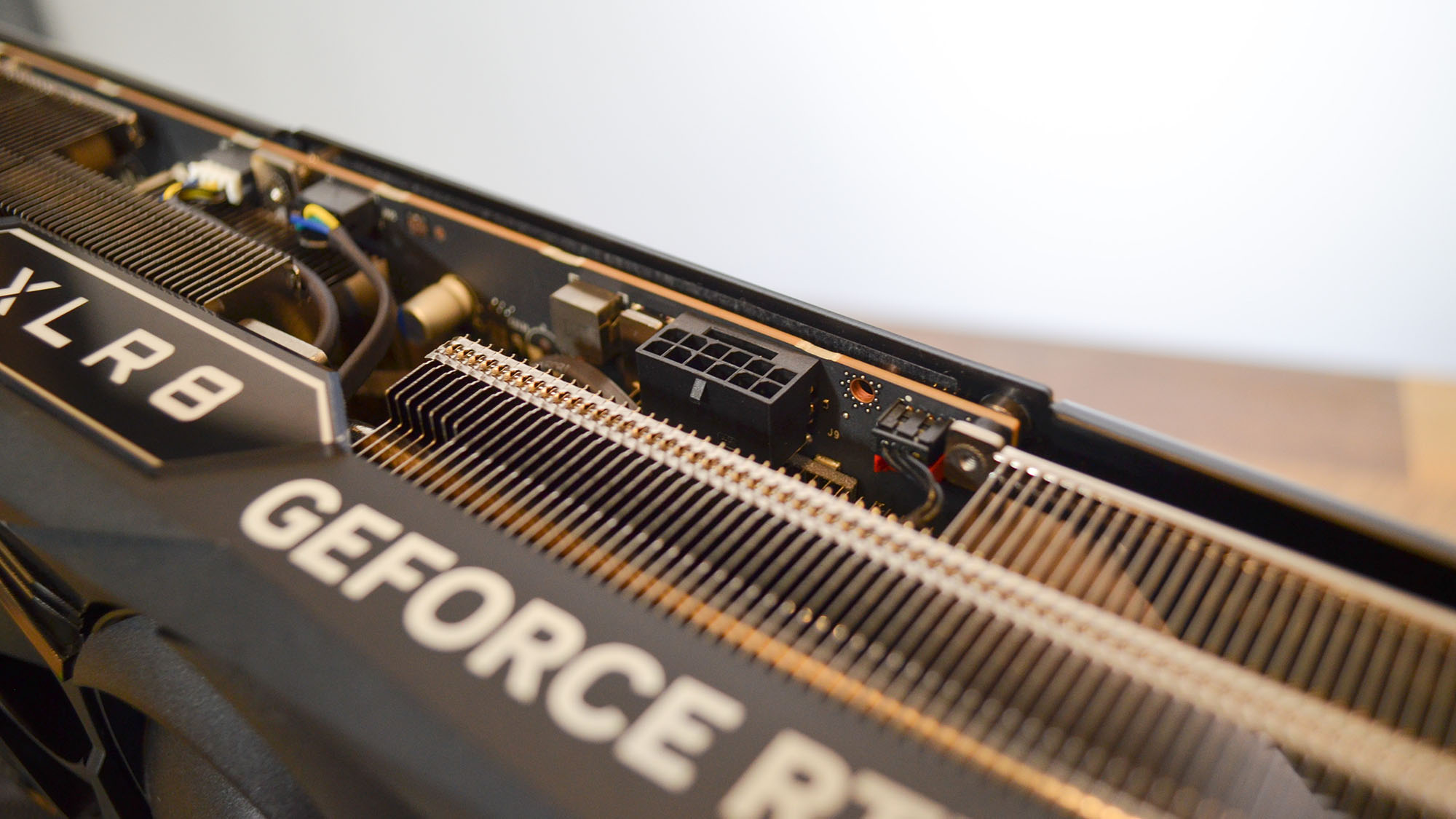Nvidia’s plans for AI GPUs could upend PC gaming forever
Yearly releases for AI GPUs? But what about GeForce graphics cards?

Sign up for breaking news, reviews, opinion, top tech deals, and more.
You are now subscribed
Your newsletter sign-up was successful
Nvidia is planning to seriously up the pace at which it releases graphics cards for AI and heavyweight usage, and that could have ramifications for the firm’s GeForce gaming GPUs.
We hear from SemiAnalysis (via Tom’s Hardware) that Nvidia has big plans to dominate the AI landscape and fend off rivals by increasing the speed at which it debuts new GPUs, bringing out a new range based on a fresh architecture every year.
So, next year we will have Blackwell GPUs (B100), presumably later in 2024 as there are also plans to debut new Hopper products (H200), so those will come first. And then in 2025, Nvidia will push out another new architecture, currently referred to as ‘X’ (there’s no architecture codename yet, apparently), so we will have the X100.
This is based on a roadmap drawn from an investor presentation put together by Nvidia, although it doesn’t confirm a continued yearly release schedule after that, so we have to take the word of the report in that case.
There’s much more nitty-gritty to all this, but we won’t go into the details – at this point out there, gamers may already be yawning at their monitor and wondering why they should care about data center GPUs. Let’s dive into that next…
Analysis: It’s all about the profit margins
Okay, so if Nvidia is going to design and implement a new architecture every year, does that mean we’ll also get new GeForce gaming GPUs on an annual basis going forward? Well, no, in a word.
But isn’t Blackwell, Nvidia’s next-gen data center products, also the architecture that next-gen GeForce is based on? Yes, it is, but that doesn’t mean the following year, the X architecture will also bring forth its own GeForce spin too (and so on).
Sign up for breaking news, reviews, opinion, top tech deals, and more.
Far from it. We won’t get a fresh batch of candidates for the best gaming GPUs every year from Nvidia, that’s just not going to happen (there’s no need to do that, quite simply).
What yearly AI GPUs from Nvidia likely heralds is a further sidelining of GeForce products. Team Green is really pushing on the AI side of the equation to maintain its advantage, given the big profit margins to be had there, so gaming GPUs will get a lower and lower priority.
This is partly why Nvidia has been driving so hard with prices in the past couple of generations, especially with Lovelace. Firstly, because it can, and secondly, even though it’s losing the goodwill of PC gamers with unreasonably high price tags in many cases – particularly at the premium end of the market – the firm just doesn’t really care that much. It’s not the area that the hefty profits are made in, so Nvidia feels free to squeeze it pretty hard to get the most out of GeForce for now.
If gamers get really frustrated and stop buying GeForce – not that there’s any sign of that happening yet, not in the overall GPU picture – well, Nvidia will just stop making them. Or that’s how it feels like things could pan out, given the focus on AI, with a yearly release cadence – if it actually continues, of course – upping the priority on these heavyweight graphics cards even further.
In short, rather than more regular gaming GPUs, we’ll probably see less frequent GeForce ranges, and indeed the possibility we’ve raised before that Nvidia could even stop making these products entirely. (The RTX 5000, and then perhaps an RTX 6000 range, might be the last efforts we see).
That’s a big call to make, and just wild speculation at this point, but it’s not an unimaginable situation. Particularly if the AI market keeps on growing to be a cash cow of gargantuan proportions, and Nvidia becomes consumed with milking it, which the firm would be foolish not to, let’s face it.
You might also like
Darren is a freelancer writing news and features for TechRadar (and occasionally T3) across a broad range of computing topics including CPUs, GPUs, various other hardware, VPNs, antivirus and more. He has written about tech for the best part of three decades, and writes books in his spare time (his debut novel - 'I Know What You Did Last Supper' - was published by Hachette UK in 2013).